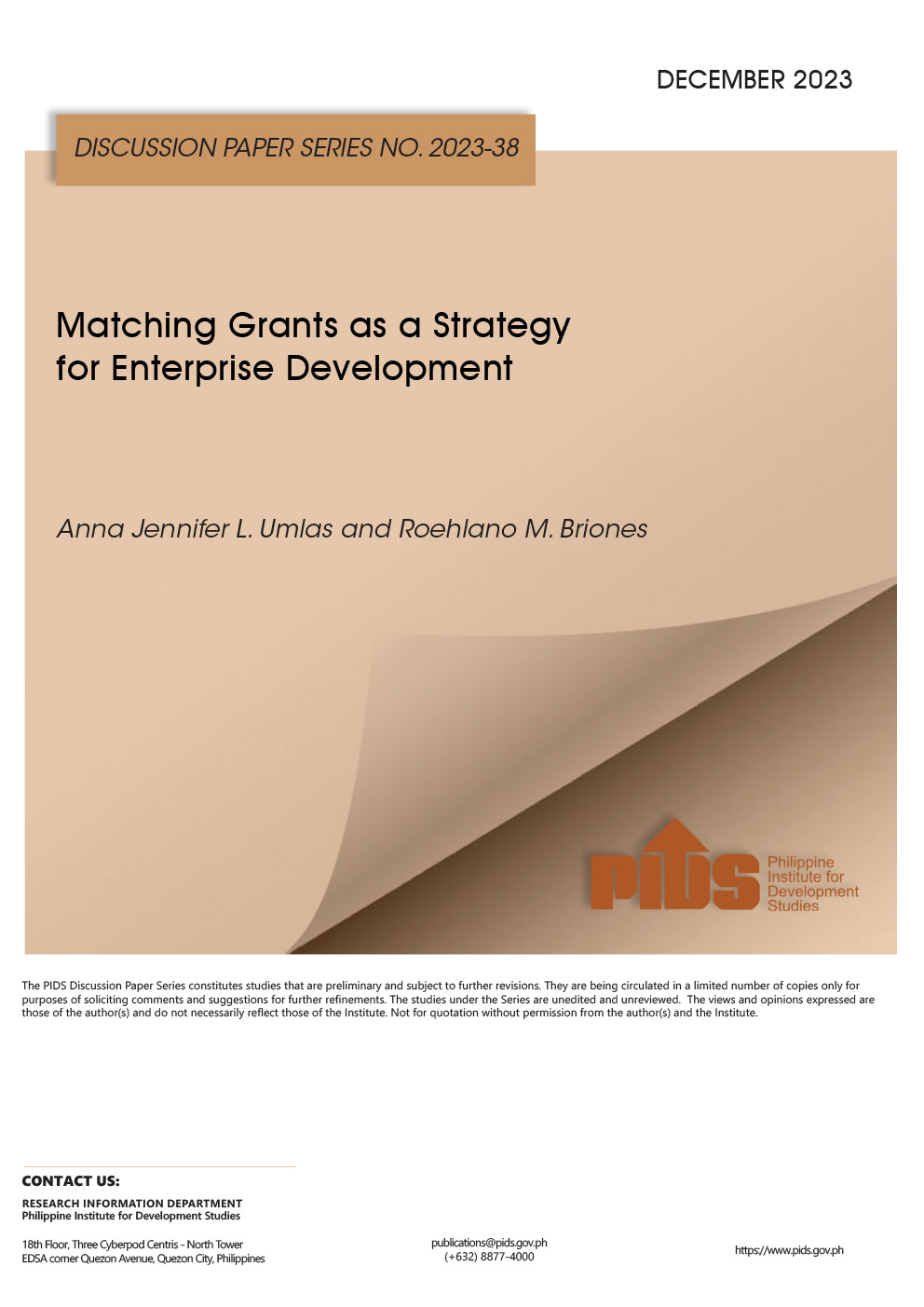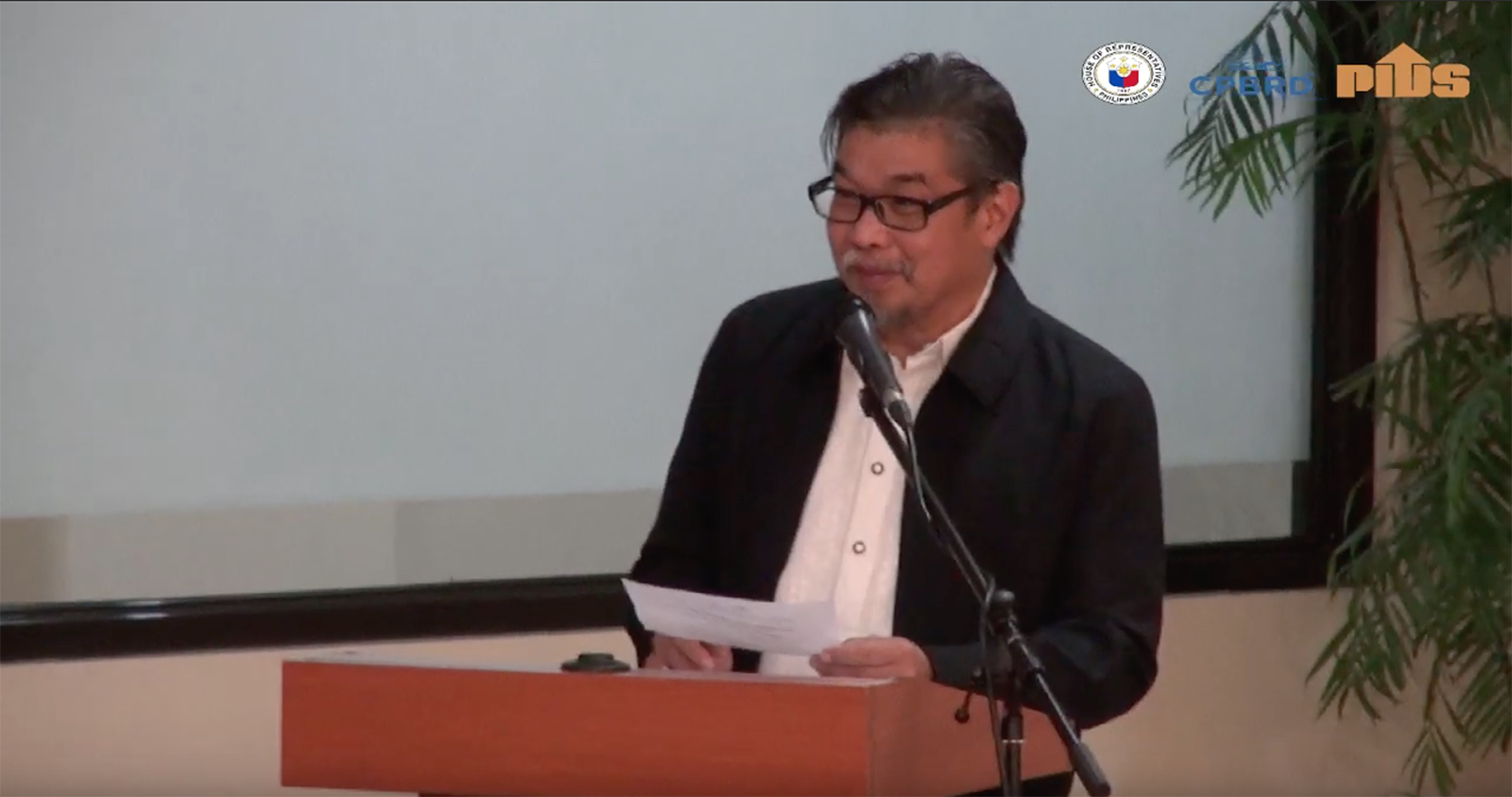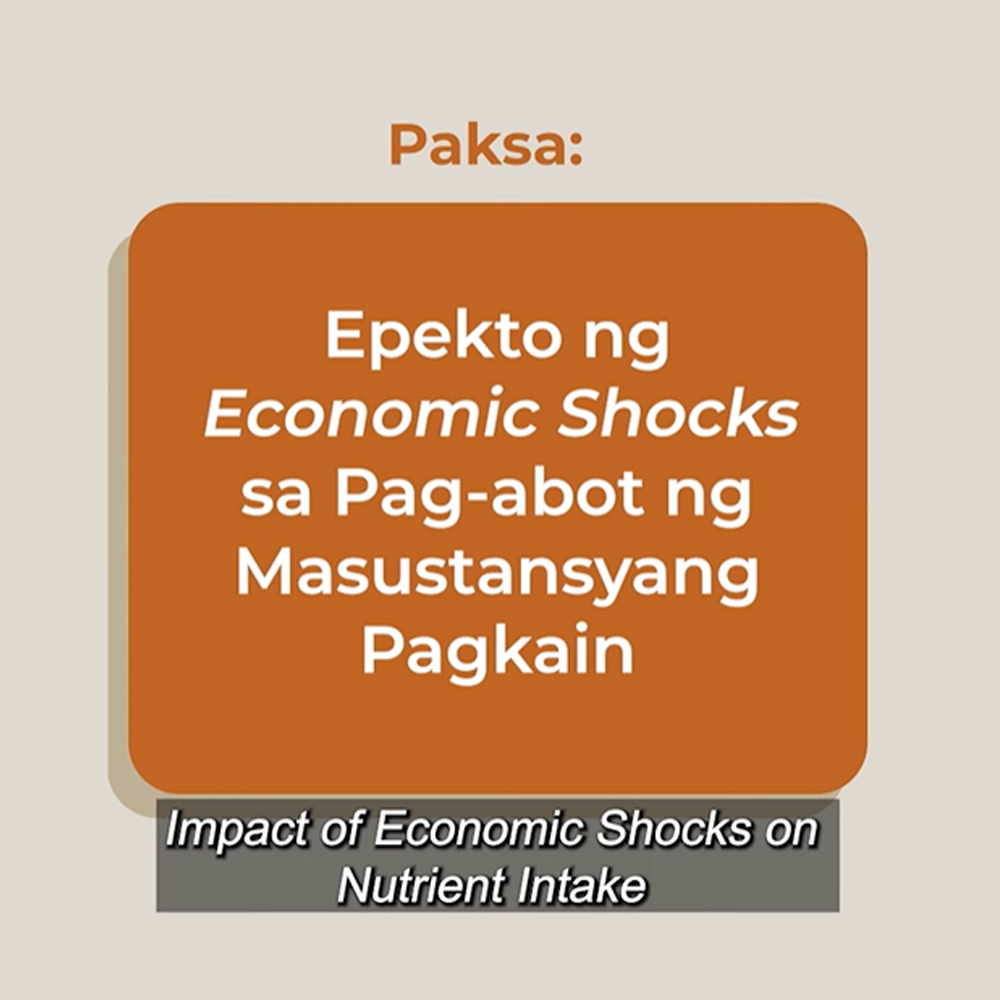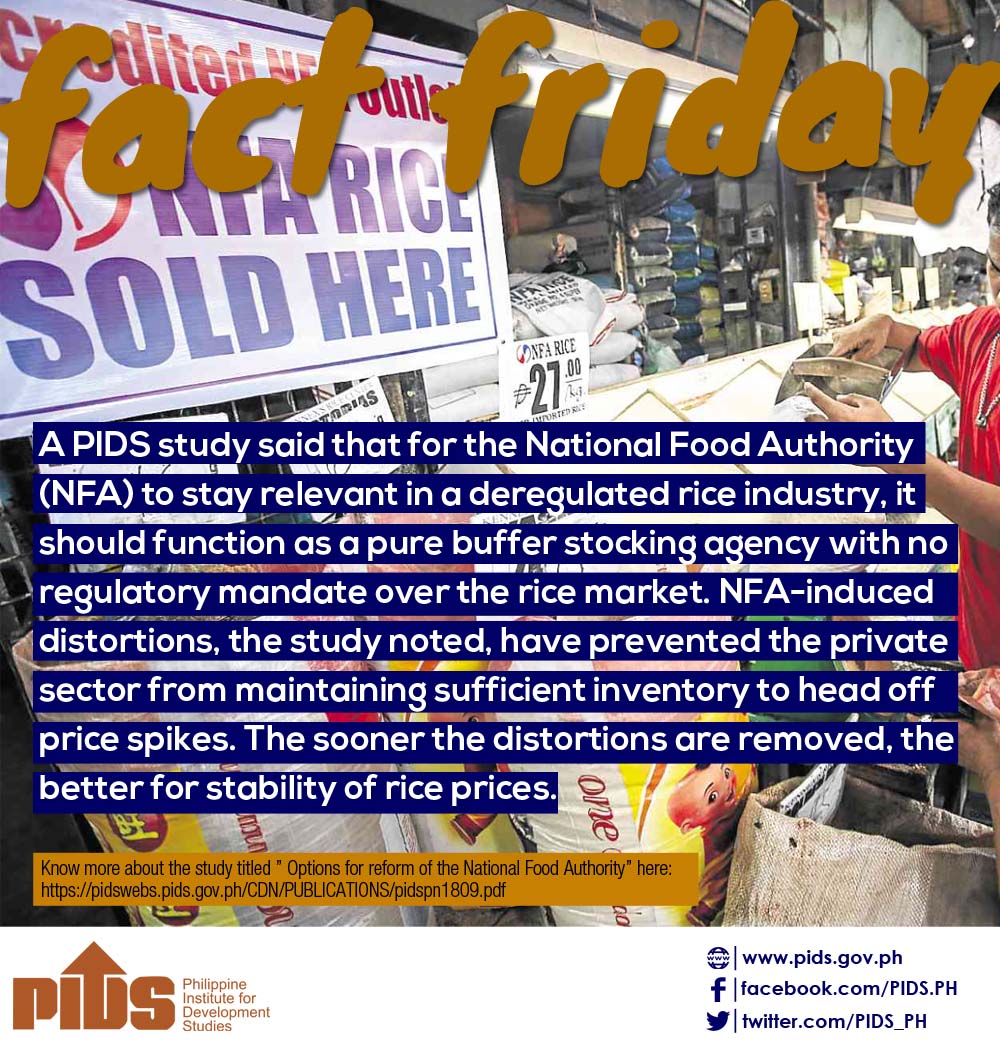PRESIDENT Ferdinand R. Marcos Jr. is set to issue a new Executive Order (EO), which will slash rice tariffs to 15 percent amid the soaring international prices of the staple.
The government expects the tariff reduction to stabilize rice prices in the next four years and temper inflation.
The tariff reduction for rice is part of the Comprehensive Target Program (CTP) for 2024-2028, which was approved by the National Economic and Development Authority (Neda) Board led by the President, during its 17th Board meeting last Monday.
“For rice, one of the most critical components of Filipino households’ consumption basket, the Neda Board agrees to reduce the duty rate to 15 percent for both in-quota and out-quota rates from 35 percent until 2028. This decision aims to lower the price of rice further and make it more affordable,” Socioeconomic Planning Secretary Arsenio M. Balisacan said in a press briefing in Malacañang on Tuesday.
“The president will issue an executive order to implement this new tariff program,” he added.
‘Thin market’
Based on the latest market monitoring of the Department of Agriculture (DA), the price of imported well-milled rice ranges from P52 to P55 per kilogram (kg) while the regular-milled variety sells for as much as P51 per kilo.
Figures recorded by the DA on May 31 also showed that local commercial well-milled rice sells for P48 to P55 per kg while the price of the regular-milled variant ranges from P45 to P52 per kg.
The Philippine Statistics Authority (PSA) said rice contributed to about 2 percentage points or over 50 percent to headline inflation in the last three months.
“The DA is aiming [to reduce prices] to P29 per kilo, at least for the poor, because we will complement this tariff reduction with the direct subsidies to the poor and vulnerable,” Balisacan said.
Neda attributed the high international price of rice to the global impact of the El Niño phenomenon and rising demand.
Balisacan said the international rice market is “thin,” such that a shock in rice-producing countries like a drought in Vietnam could lead to “disruptions in the world market.”
The high global rice prices are expected to persist until September, he added.
RTL amendments
The Neda also said the government is trying to minimize the country’s exposure to the international rice market by boosting local rice production and supporting the proposed amendments to Republic Act (RA) 11203 or the Rice Tariffication Law (RTL).
Balisacan said the government wants to strengthen the ability of the National Food Authority (NFA) to compete with rice retailers during “emergencies.”
“What remains to be defined is the concept of emergency, because it’s not clear in the law what that emergency is when we say we stock for buffer stocking—is it only limited to the presence of calamities,” he said.
“But it may also involve certain manipulations by certain groups in the market, and we need to have the tools to address such issue,” he added.
Impact of tariff cut
When asked how the impact of the lower tariff for rice will affect the Rice Competitiveness Enhancement Fund (RCEF), Balisacan said the effects will depend on the amount of rice to be imported in the coming months.
“Of course, we reduced the tariff, but the volume might increase depending on how our local production responds to the improvement in the weather because we are now going into or transitioning into the so-called La Niña phenomenon,” he said.
Established by RA 11203, RCEF is sourced from rice tariffs and used to help improve the competitiveness of farmers after the liberalization of Philippine rice trade.
Last year, the government was able to collect P29 billion from rice tariffs.
Balisacan assured the government will provide other services to farmers, who will be affected by the lower RCEF, to enhance their productivity.
New rates
Aside from rice, the newly approved CTP also reduced the tariff on certain chemicals used to manufacture antiseptics and detergents as well as coal briquettes to improve energy security and reduce input cost.
“Tariff reduction on coal will help ensure its availability at reasonable prices, thus supporting more stable electricity prices and supply in the country,” Balisacan said.
Also extended, he said, is the duration of the reduced tariff rates on corn, pork and mechanically-deboned meat under Executive Order No. 50, Series of 2023. The current rates will remain in effect until 2028.
The CTP will merge the tariff lines on certain chemical and chemical products, textiles, machinery and transport equipment.
It, however, maintained the current rates on more than half of the tariff lines covering various agricultural and industrial products sugar, vegetables, such as onion shallots, garlic, broccoli, carrots, cabbage, lettuce, sweet potatoes, cassava, coffee substitutes, complete feeds and feed preparations.
“The tariff maintenance will ensure access to inputs and support efforts to improve productivity and competitiveness. This measure will help our domestic industries by reducing the cost they incur for their inputs, enabling them to be more competitive especially in the global market,” Balisacan said.
‘Long overdue’
A nongovernment organization lambasted the government for reducing the tariff on rice, but an economist said the move is “long overdue.”
“We remain steadfast and committed to defend local agriculture and in our capacity to produce our own agri-food needs,” Samahang Industriya ng Agrikultura (Sinag) said in a statement.
“The same sentiment applies to pork, chicken, corn and other agri commodities given the latest statement coming from National Economic and Development Authority [NEDA],” it added.
For Roehlano Briones, a senior research fellow at the Philippine Institute for Development Studies (PIDS), the government’s decision to reduce rice tariffs is “long overdue.”
“[It is] long overdue. Rice prices have been elevated since last year. Cut should have been done last year,” Briones told the BusinessMirror via SMS.
Finance Secretary Ralph Recto earlier proposed the reduction of rice tariffs to as much as 17.5 percent during the Philippine Economic Briefing in Pasay City last week.











